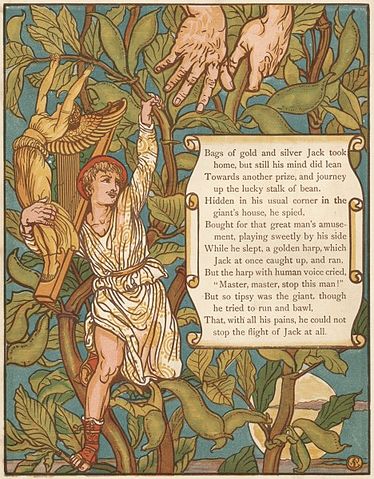History vs Story
History and Story can be confusing in some contexts, causing people to see no difference between the two. However, they are distinct words with different meanings and usages. The term history refers to events of the ‘past,’ while the term story refers to ‘an account of some event.’ It is thought by philologists that the word story may have been formed from the word history through a phonetic change called ‘aphaeresis.’ According to aphaeresis, some words lose their initial vowel sound due to phonetic change. In the case of history, the initial vowel sound ‘I’ is lost, converting it to story.
Key Takeaways
- History is a chronological record of past events, whereas a story is an account or narration of an event or events that can be either true or fictitious.
- History is always factual and based on truth, while stories can be true, fictional, or partially fictional.
- History is an account of the past, whereas stories can be accounts of past, present, or future events.
What does History mean?
According to the American Heritage Dictionary, history is “a chronological record of events, as of the life or development of a people or institution, often including an explanation of or commentary on those events.” In other words, history is an account of the past. History is always factual and based on truth. When we discuss the ‘history of Europe,’ we are talking about the actual events that took place in Europe’s past.
History deals with events that took place in a country or society’s past, including political, social, and other types of events. Understanding history is important because it helps us better comprehend a particular country. The word history is used as a noun, and its adjectival form is ‘historical,’ as in ‘historical events.’
What does Story mean?
According to the American Heritage Dictionary, story means “an account or recital of an event or a series of events, either true or fictitious.” In other words, a story is when you tell or write an account of something. However, this account can be true or pure fiction. Sometimes, stories are part fictional. For example, the story of Jack and Beanstalk is pure fiction, while a news story about a bill passed in parliament is a true story. Partially fictional stories may include embellishments or exaggerations of real events.
In the literature field, the word story often indicates a narration based on imagination or fiction. The writer of stories is commonly called a ‘story writer.’ A story centers on a specific event or incident in someone’s life and usually conveys a unique message at the end. Stories can take various forms, such as novels, poems, and short stories.
It’s important to note that stories are not limited to the past. They can be accounts of past, present, or future events, mainly because stories do not always have to be true. The word story is typically used as a noun, and expressions such as ‘storyline’ and ‘crime story’ have been formed from the word ‘story.’
What is the difference between History and Story?
- Definition of History and Story: History is a chronological record of past events and often includes descriptions of those events. Story is an account or narration of an event or events that can be either true or fictitious.
- Fact or Fiction: History is always factual and based on truth. Stories can be true, fictional, or partially fictional.
- Period: History is an account of the past, while stories can be accounts of past, present, or future events.
- Adjectives: The adjective of history is historical. Story does not have an adjective.
These are the differences between the words history and story.
